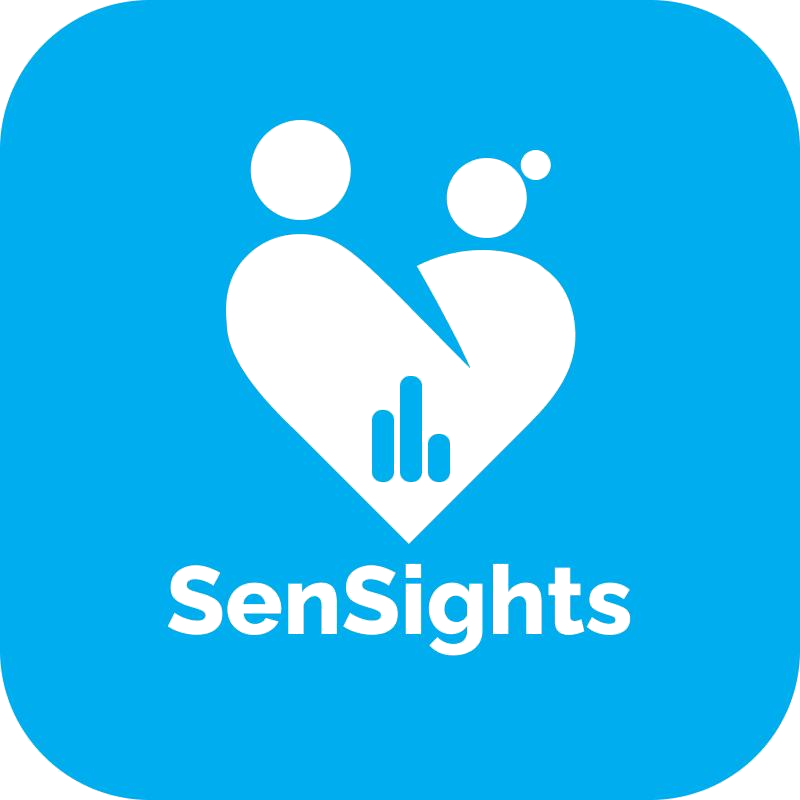Medically Reviewed By: Dr Gideon Kwok
Image Credit: Microsoft Designer
Key Takeaways
- Epic FHIR is a free online resource that supports developers who create apps or services that interoperate with Epic’s comprehensive health record system using the FHIR standard.
- RPM Billing is a service that helps healthcare providers bill for remote patient monitoring services, which are reimbursable by Medicare and other payers.
- Epic FHIR and RPM Billing can work together to create a synergistic approach to healthcare efficiency by leveraging the power of interoperability and remote monitoring.
- By using Epic FHIR APIs, RPM Billing can connect with Epic’s EHR system and exchange patient information seamlessly. By using RPM Billing services, Epic users can benefit from a full turn key solution for RPM services that handles all aspects from onboarding to billing.
Learn More
Healthcare is a complex and dynamic industry that requires constant innovation and adaptation to meet the needs and expectations of patients, providers, and payers. One of the key challenges that healthcare organizations face is how to optimize their workflows and processes to deliver high-quality care while reducing costs and maximizing revenue. In this blog, we will explore how Epic FHIR and RPM Billing can work together to create a synergistic approach to healthcare efficiency.
What is Epic FHIR?
Epic FHIR is a free online resource that supports developers who create applications or services for use by provider organizations and wish to interoperate with the Epic comprehensive medical record1. FHIR stands for Fast Healthcare Interoperability Resources, which is a healthcare interoperability standard that defines a content model, in the form of “resources,” and a specification for exchanging the content in real time using RESTful interfaces.
Epic FHIR supports HL7 FHIR resources that read, search, create, or update many FHIR data classes and elements, including resources on the DSTU2, STU3, and R4 versions of FHIR. Epic FHIR also supports CDS Hooks, which is a specification that allows external clinical decision support services to be invoked by EHRs at the point of care.
Epic FHIR enables any health system, hospital, or clinic that uses Epic’s comprehensive health record system to connect to any app that also supports FHIR to exchange health information, including but not limited to the U.S. Core Data for Interoperability – or USCDI – data classes and elements.
What is RPM Billing?
RPM Billing is a service that helps healthcare providers bill for remote patient monitoring (RPM) services, which are reimbursable by Medicare and other payers. RPM is a type of telehealth service that allows providers to monitor patients’ health status, activity levels, medication adherence, and more using various devices, such as FDA-approved devices, CGM, wearables, sensors and more.
RPM Billing provides a full turn key solution for RPM services, including device management, patient enrollment, data collection, clinical review, billing codes, claims submission, and revenue cycle management. RPM Billing also provides 24/7 medical assist, nurse support, and patient education.
RPM Billing helps providers increase their revenue, improve their patient outcomes, reduce their hospitalizations and readmissions, and enhance their patient satisfaction and retention.
How can Epic FHIR and RPM Billing work together?
Epic FHIR and RPM Billing can work together to create a synergistic approach to healthcare efficiency by leveraging the power of interoperability and remote monitoring. By using Epic FHIR APIs, RPM Billing can connect with Epic’s EHR system and exchange patient information seamlessly. This can enable providers to:
- Access patient data from various devices and sensors through the Epic dashboard
- Analyze patient data using patient analytics and predictive analytics
- Make data-driven decisions for personalized treatment planning
- Communicate with patients and caregivers using telehealth features
- Alert caregivers in case of an emergency using fall detection features
- Bill for RPM services using appropriate billing codes and claims submission
- Optimize care delivery and add value to their practice
By using RPM Billing services, Epic users can benefit from:
- A full turn key solution for RPM services that handles all aspects from onboarding to billing
- A 24/7 medical assist, nurse support, and patient education
- A reduced cost and risk by implementing an RPM solution
- A white label option with IP & data ownership
- A simple and seamless integration with Epic’s EHR system
Conclusion: Why Epic FHIR and RPM Billing are a synergistic approach to healthcare efficiency
Epic FHIR and RPM Billing are a synergistic approach to healthcare efficiency because they can enhance each other’s capabilities and benefits. By using Epic FHIR APIs, RPM Billing can connect with Epic’s EHR system and exchange patient information seamlessly. By using RPM Billing services, Epic users can benefit from a full turn key solution for RPM services that handles all aspects from onboarding to billing. Together, they can help providers optimize their workflows and processes, deliver high-quality care, reduce costs, maximize revenue, improve patient outcomes, and increase patient satisfaction.
If you want to learn more about Epic FHIR or RPM Billing, you can visit their websites or book a demo. You can also watch their videos to see how their advanced technology can transform your healthcare delivery with AI.
Book A meeting Now
MarkiTech.AI is a team of over 50 software engineers, data scientists and clinicians plus other health practitioners who have developed over 40 digital health solutions in the last 10 years such as SenSights.AI, Veyetals.com and CliniScripts.com which focus on helping older adults and their caregivers like family, physicians, nurses etc., age in place, reduce costs and improve revenue opportunities.

